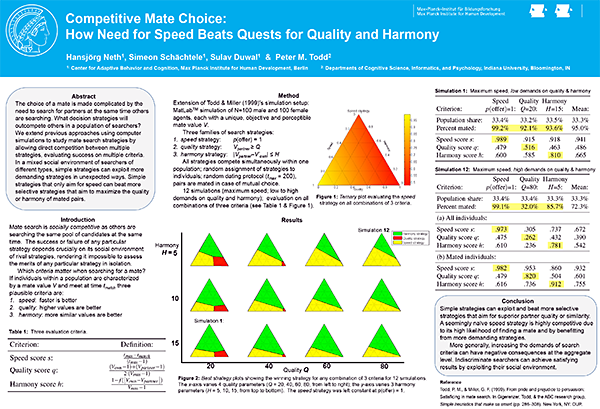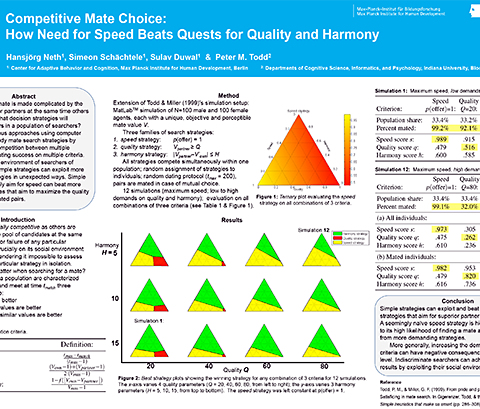Posts Tagged: JDM
judgment & decision making
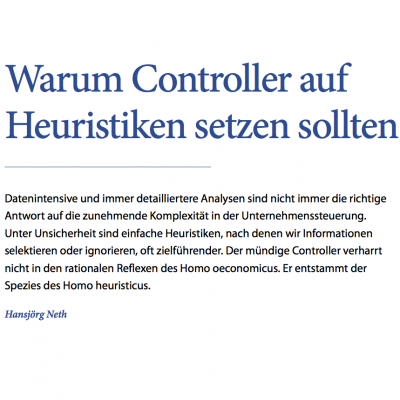

Artikel: Warum Controller auf Heuristiken setzen sollten
Hansjörg Neth
Warum Controller auf Heuristiken setzen sollten
Abstract: Datenintensive und immer detailliertere Analysen sind nicht immer die richtige Antwort auf die zunehmende Komplexität in der Unternehmenssteuerung. Unter Unsicherheit sind einfache Heuristiken, nach denen wir Informationen selektieren oder ignorieren, oft zielführender. Der mündige Controller verharrt nicht in den rationalen Reflexen des Homo oeconomicus. Er entstammt der Spezies des Homo heuristicus.
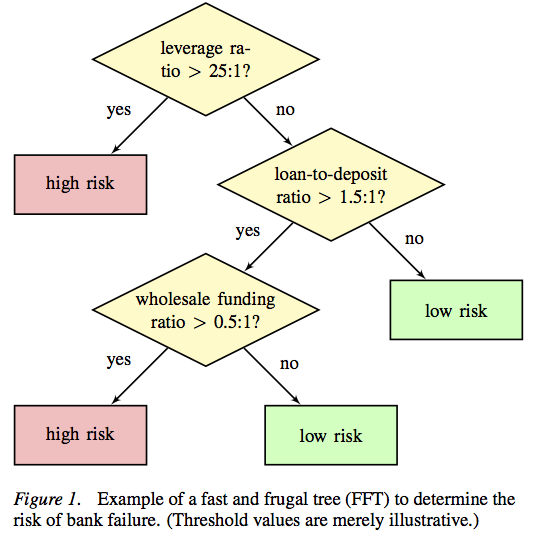
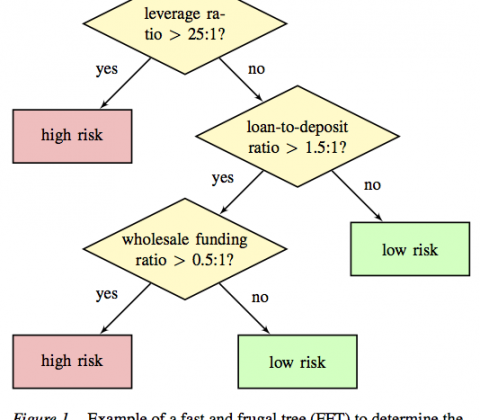
Paper: Heuristics for financial regulation
was very similar to one in which there was perfect information.
J. E. Stiglitz (2010). Freefall: America, free markets,
and the sinking of the world economy, p. 243
Hansjörg Neth, Björn Meder, Amit Kothiyal, Gerd Gigerenzer
Homo heuristicus in the financial world: From risk management to managing uncertainty
Abstract: What — if anything — can psychology and decision science contribute to risk management in financial institutions? The turmoils of recent economic crises undermine the assumptions of classical economic models and threaten to dethrone Homo oeconomicus, who aims to make decisions by weighing and integrating all available information. But rather than proposing to replace the rational actor model with some notion of biased, fundamentally flawed and irrational agents, we advocate the alternative notion of Homo heuristicus, who uses simple, but ecologically rational strategies to make sound and robust decisions. Based on the conceptual distinction between risky and uncertain environments this paper presents theoretical and empirical evidence that boundedly rational agents prefer simple heuristics over more flexible models. We provide examples of successful heuristics, explain when and why heuristics work well, and illustrate these insights with a fast and frugal decision tree that helps to identify fragile banks. We conclude that all members of the financial community will benefit from simpler and more transparent products and regulations.
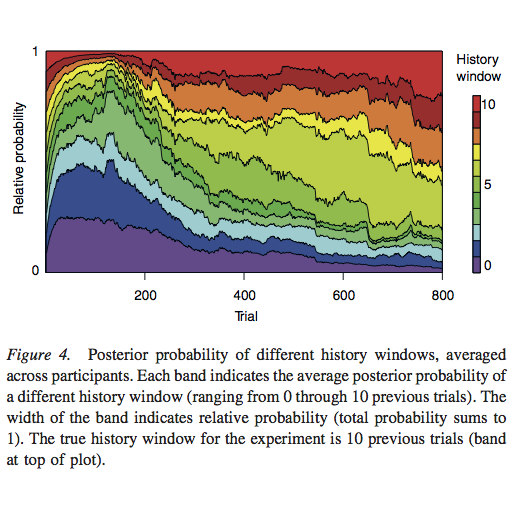
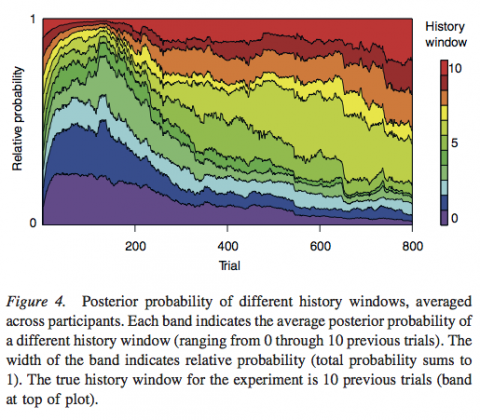
Paper: Melioration as rational choice
Melioration (…) is the dynamic process controlling allocation of time across response alternatives.
Herrnstein & Vaughan (1980). Melioration and behavioral allocation, p. 143+172
Chris R. Sims, Hansjörg Neth, Robert A. Jacobs, Wayne D. Gray
Melioration as rational choice: Sequential decision making in uncertain environments
Abstract: Melioration — defined as choosing a lesser, local gain over a greater longer term gain — is a behavioral tendency that people and pigeons share. As such, the empirical occurrence of meliorating behavior has frequently been interpreted as evidence that the mechanisms of human choice violate the norms of economic rationality. In some environments, the relationship between actions and outcomes is known. In this case, the rationality of choice behavior can be evaluated in terms of how successfully it maximizes utility given knowledge of the environmental contingencies. In most complex environments, however, the relationship between actions and future outcomes is uncertain and must be learned from experience. When the difficulty of this learning challenge is taken into account, it is not evident that melioration represents suboptimal choice behavior.
